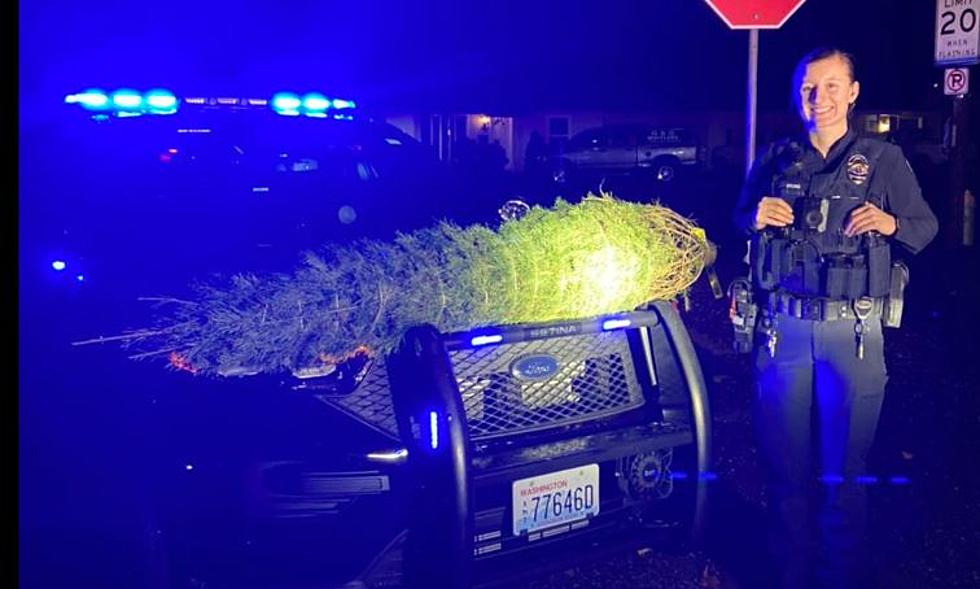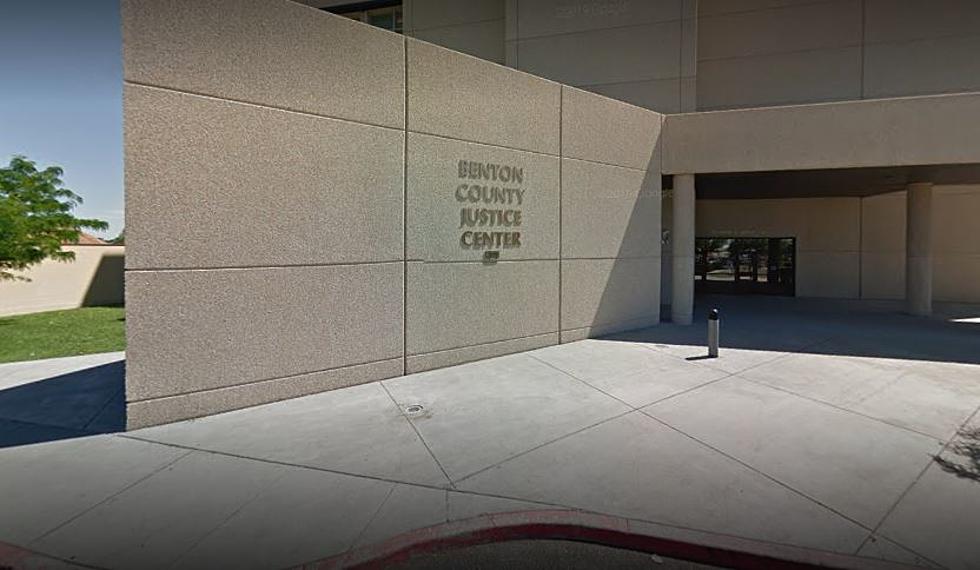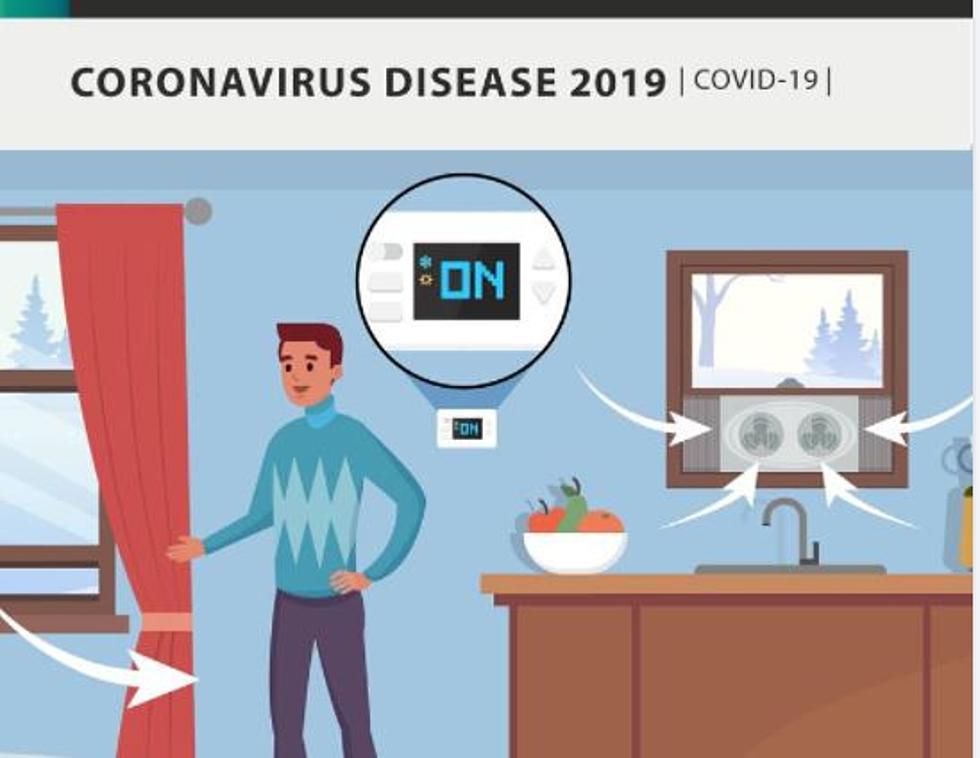
Avoid These Scams During Holiday Season
Some of these might seem silly, but a surprising number of people are hurt by them.
Originally published before the Black Friday Holiday, State Farm Insurance has re-issued an article (and emailed it to it's members) about certain scams to look out for during the holidays.
My family received ours from our local State Farm Agent. Here's some of the best ways to avoid getting hurt in the wallet:
- Be Careful with Holiday e-cards. These have exploded in popularity because they're easy and fast to send. Don't open any e-cards or suspicious similar emails from unknown sources. They likely contain Malware, which can affect your computer in many ways, including allowing hackers access to personal information. If you receive an e-card from a friend or relative, look for a confirmation code from the issuing website to open the card. Often, the email will contain that code.
- Don't Believe Every "SALE" e-mail You Receive. They usually contain offers too good to be true. Many contain links that take you to "phishing" sites that try to obtain credit card, debit or personal information. Even if it's from a known retailer, first go to their website to confirm if they're actually offering that "too good to be true" special.
- When Shopping Online, Always Do This: Make sure the site you order from has "https" in the URL or site address. The "S" means the site is secure, and far more likely to safeguard customers private information.
- Don't Use Debit Card For Online Orders: Always use a credit card. Fraudulent credit card purchases can be disputed, but debit card purchases often can't. It's far harder to get money put back in your account - especially if the fraudster is overseas.
- When Traveling, Lay Off the Wi-Fi. Ok, it's hard to do. But when you're on the road, don't use "free" Wi-Fi at hotels and other venues unless they use a password to access their network. Even then, make sure the tablet or laptop you're using doesn't contain any files with sensitive personal information. Scammers often target travelers at Wi-Fi hotspots.
- And finally, Look at Back of Gift Cards in Store before Buying Them. They contain an activation code on the back that's covered with that adhesive strip. Make sure the back has not been tampered with or looks altered.
By observing these safety tips, you will greatly reduce your chances of getting scammed during the busiest cyber-crime season of the year, the Holidays.
More From 870 AM KFLD
![The Grinch Won’t Steal Christmas, At Least Not in Oregon [VIDEO]](http://townsquare.media/site/136/files/2023/12/attachment-grinch-caught-by-morrow-county-MCSO-2.jpg?w=980&q=75)








